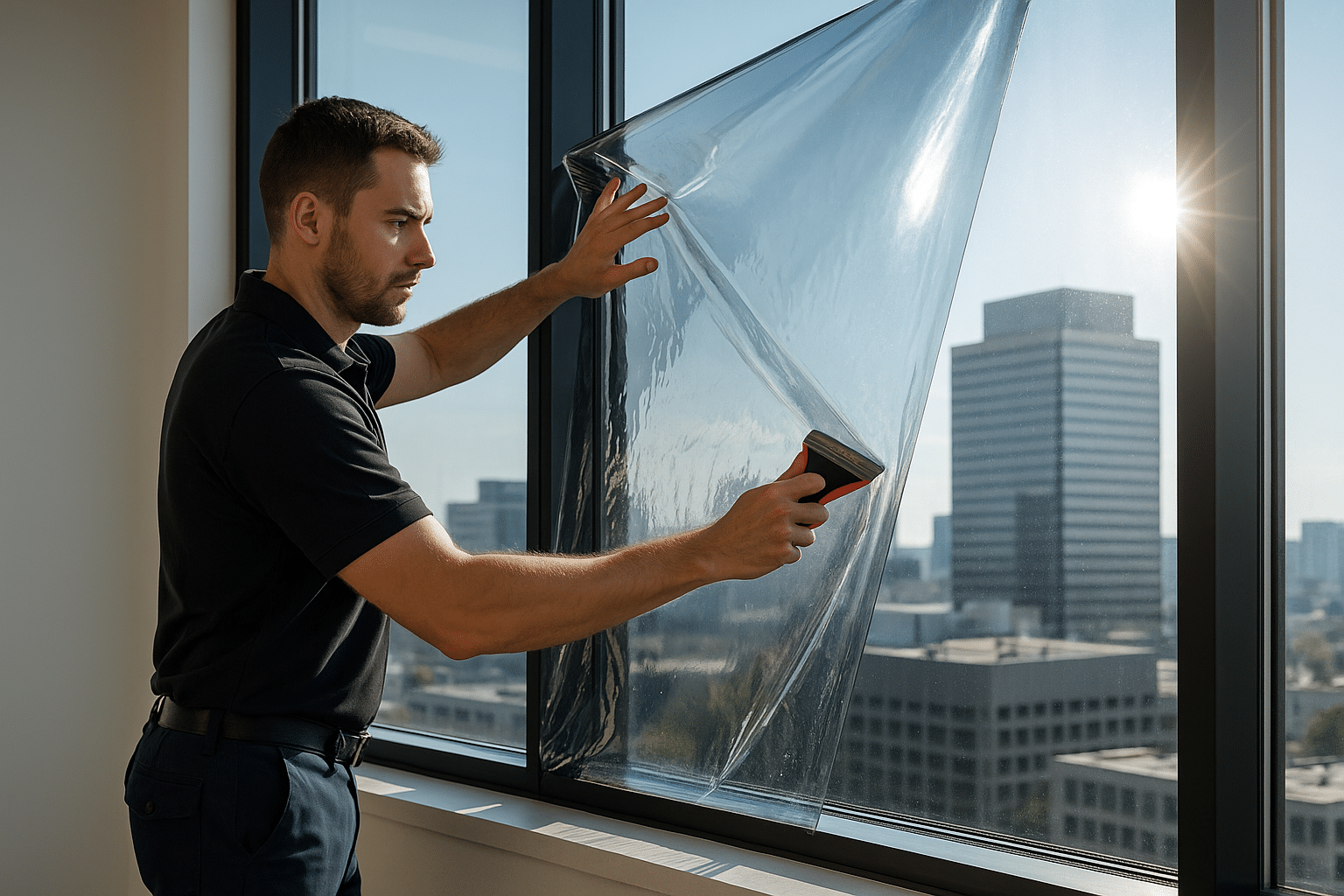Viziblezone Wants Cars to Spot Pedestrians By Tracking Their Smartphones
Big Data or Big Brother?
Now if the idea of having your phone broadcast your location on an ongoing basis strikes you as a major potential privacy concern (or reminds you of The Dark Knight, where it wasn’t exactly a positive thing), you aren’t alone. That is perhaps the biggest hurdle Viziblezone faces—convincing people that location tracking can be secure, localized, and anonymized.
“We are taking privacy issues very seriously and as such are GDPR compliant,” said Barel, referring to the European Union’s General Data Protection Regulation. “Users’ actual data is only stored on their mobile devices for real-time high-risk situation analysis. No specific user data is being stored externally.” And the only personal data required during the initiation process is a phone number to receive a verification code.
Barel told me that while data may be uploaded to Viziblezone’s own cloud servers (hosted by Amazon Web Services) in order to “improve our prediction engine,” that data is fully anonymized and can’t be connected with the user. “At the moment, we don’t share the data with any third party. However, in the future, we might share anonymous and aggregated information with third-party road-safety systems only,” he added, such as smart traffic-light management systems.
There’s no doubt this is still concerning to a lot of people. Keep in mind that your phone is already tracking your location in a number of ways—having yet another data bank to secure is a real concern, but the idea of this technology being hardwired into smartphones is as much a discussion about bloatware and data rates as it is about civil liberties.
Still, privacy issues remain the biggest question mark here, especially given the realtime nature of the data. Historic location information is one thing; a malefactor theoretically accessing the system and being able to see where someone is at a given moment is another. If Viziblezone can’t onboard enough people voluntarily, or runs into other headwinds getting its tech baked into phones for widespread adoption, the concept will remain just another novel idea.
Down the Road
With that in mind, Viziblezone is also working to integrate its technology into smart cities—or at least, the smarter cities of today—and other areas with connected infrastructure to improve the safety of pedestrian and automobile traffic.
“For example, think of kids who are going to cross the road [at a] traffic light. There are cities that don’t want kids to wait on the edge of the sidewalk. They just want to let them go. So in real-time, they can switch the traffic lights from red to green, like cars on the ‘green wave’,” explained Barel, in reference to the traffic-management method of coordinating traffic lights to reduce congestion. “We can provide them with this unique data in real-time.”
Beyond roads, Viziblezone is looking at applying its tech closed operational environments like airports, seaport freight terminals, warehouses, and college campuses. Rather than having to upgrade equipment like forklifts and airport push-back vehicles and autonomous shuttles, Barel claimed, these facilities could mandate its implementation to decrease the chance of a pedestrian getting hit.
Most of these goals seem pretty far off for a company that’s only been around for a year with a million bucks in the bank. But Yakir Machluf, the director of business development for OurCrowd, told me the Viziblezone crew is one of the fastest-moving teams he’s ever seen. No idle praise from a firm that helped launch firms like Argus Cyber Security (bought by Continental AG in 2017 for $430 million) and Jump Bikes (bought by Uber in 2018 for $200 million).
Of course, moving fast and breaking things doesn’t fly when you’re talking about automotive safety.
“Safety just can’t be a ‘trial and error’ sort of thing. It has to be perfect, otherwise, regulators would never approve,” said Yuval Engelstein, chief mobility analyst at Start-Up Nation Central, a non-profit organization dedicated to fostering ties between Israeli tech firms and international business, government, and NGO leaders. “That is why solutions that enhance safety in general and pedestrian safety specifically are so valuable.”
“I believe that there are two main strengths of Viziblezone’s solution,” Engelstein added. “First, it leverages the most common device that most of us possess and use 24/7: the smartphone. Second, it is a retrofit solution with a fast and easy deployment that also works to enhance safety in today’s world and not just as a complementary one in the autonomous, driverless future. Hence, Viziblezone’s offering provides a long business horizon that can evolve and adapt to the evolving market.”
Viziblezone is currently in the process of raising Series A financing, and has already launched a pilot project in northern Europe. Another pilot is “soon to launch” in the United States, with yet another in South Korea to take part in the country’s national Smart City project, where it hopes to garner attention from local tech giants like Samsung and LG and automakers like Hyundai and Kia.
“We see the traction, said Barel. “We have managed many technological achievements. Now it’s time to go and make our product operational.”
Noah Joseph is a veteran automotive journalist based in Jerusalem and focusing on Israel’s fast-growing smart-mobility tech scene. His work has appeared in print and online publications including Autoblog, Car and Driver, The New York Times, and his own site IsraelAutoTech.com.



.jpg)

